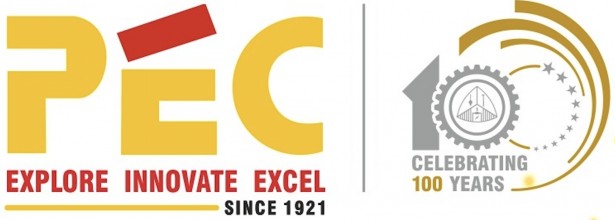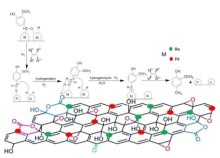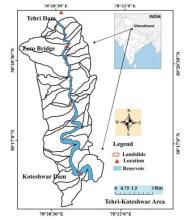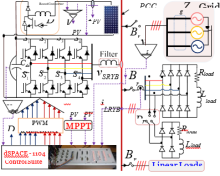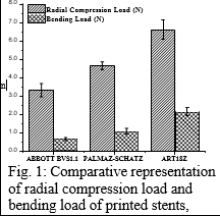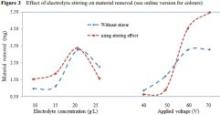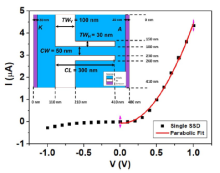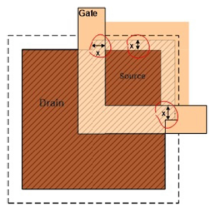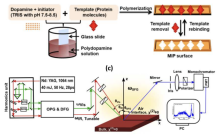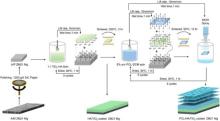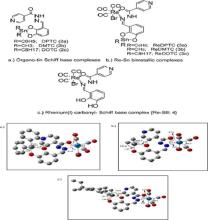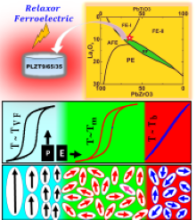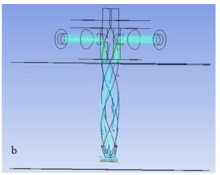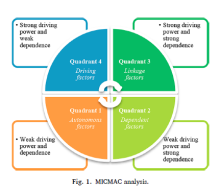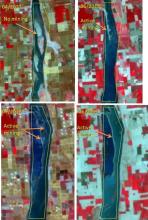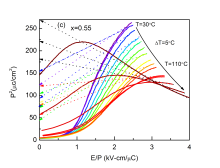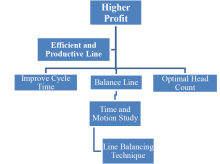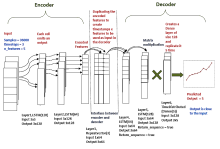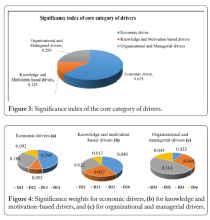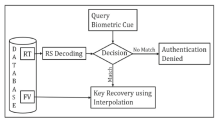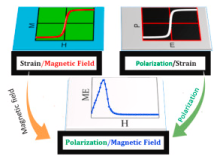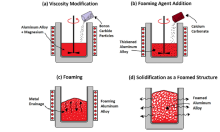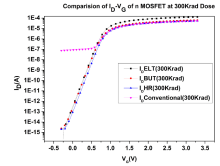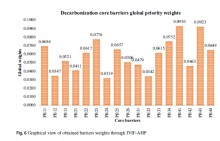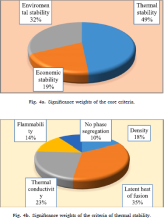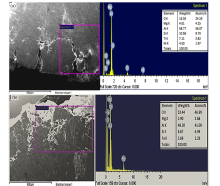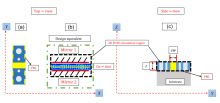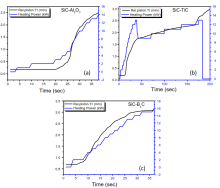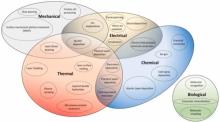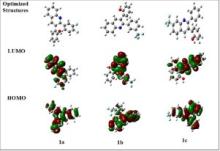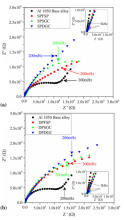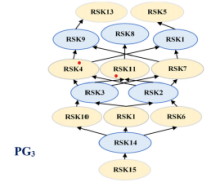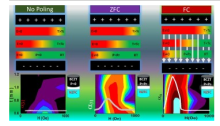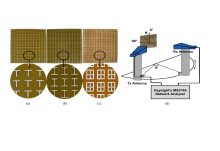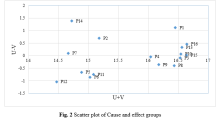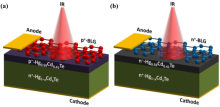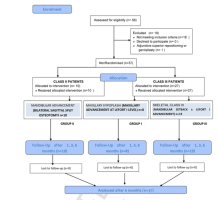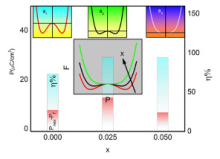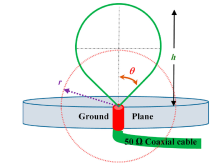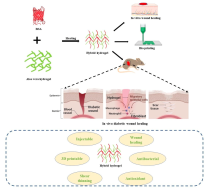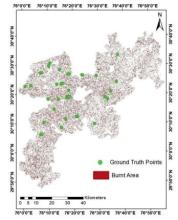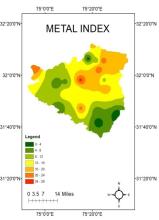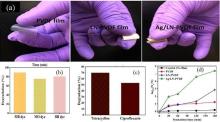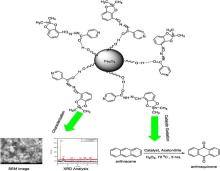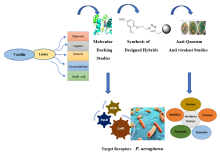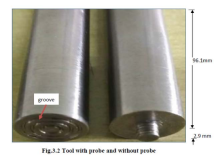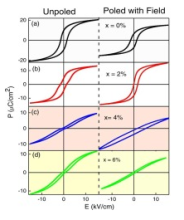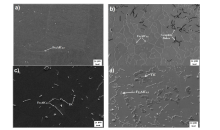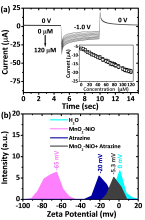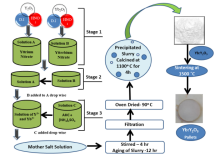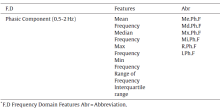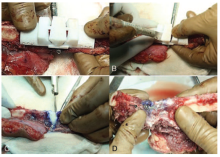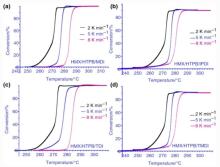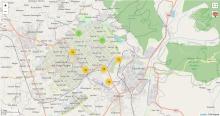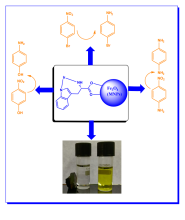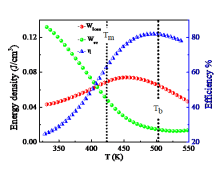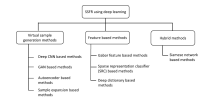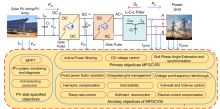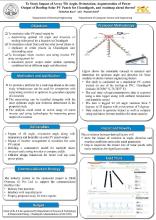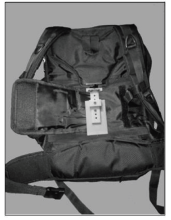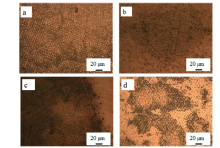The Department of Computer Science and Engineering at Punjab Engineering College (Deemed to be University), Chandigarh, organized a joint workshop, CSIO & PEC Joint Workshop on "Image Processing for Biomedical Applications (CPWIP-2024)", on 11th September 2024. This workshop was a collaborative effort between CSIR-CSIO, Chandigarh, and PEC, Chandigarh. It featured prominent experts, including Prof. Dinesh Kumar (RMIT University, Melbourne, Australia), Dr. Prashant K Mahapatra (Senior Scientist, CSIR-CSIO), Prof. Tirlok Chand (Chairperson), Prof. Padmavati (Coordinator), and Prof. Sudesh Rani (Coordinator). The focus of the workshop was the latest advancements in image processing for biomedical applications, with participation from over 100 attendees across the country, both online and offline.
Prof. Padmavati highlighted the workshop's focus on cutting-edge developments in biomedical applications, medical diagnostics, treatment planning, and healthcare solutions. The workshop brought together renowned experts from CSIO, PEC, and RMIT Australia, offering participants valuable insights into the latest technologies, methodologies, and their practical applications in the biomedical field.
Prof. Dinesh Kumar (RMIT University, Australia) shared his expertise on image processing, particularly in the context of Parkinson's disease. He provided insights into the use of AI and imaging methods for assessment and treatment. He also discussed the diagnosis of Hippus and Glaucoma through the pupil light reflex mechanism and data analysis of neuro-optic nerves. Prof. Kumar emphasized that while AI healthcare devices can support clinical diagnosis, the final decision remains with the clinician, who may choose to override the device’s recommendations.
Dr. Prashant K Mahapatra elaborated on thermal imaging (thermography) as a biomedical application, focusing on soft-tissue injuries. He explained that thermography offers non-radiative, non-invasive diagnostic solutions that improve the accuracy of treatments for a range of diseases. Additionally, he noted the growing use of virtual reality in medical services. Dr. Sudesh Rani provided an overview of deep learning in healthcare, collaborating with undergraduate, postgraduate, and PhD students. She emphasized the increasing role of deep learning in medical imaging, detailing its application in detecting osteoarthritis (OA), pneumonia, COVID-19, tuberculosis, and chest infections.
The workshop concluded on a high note, with participants leaving with valuable knowledge and a deeper understanding of the future of biomedical image processing.





